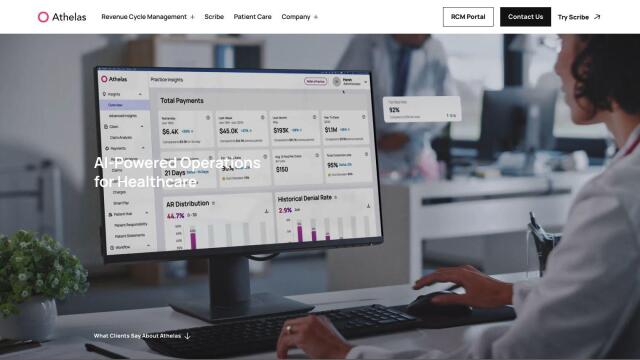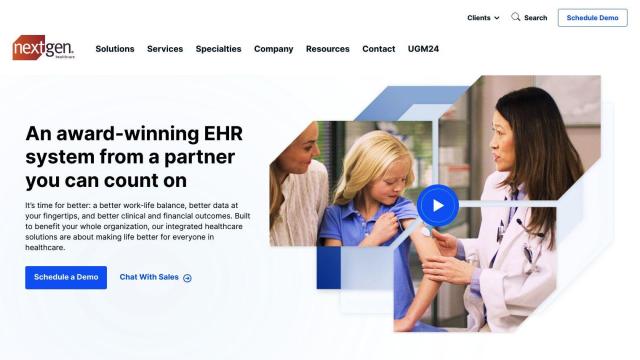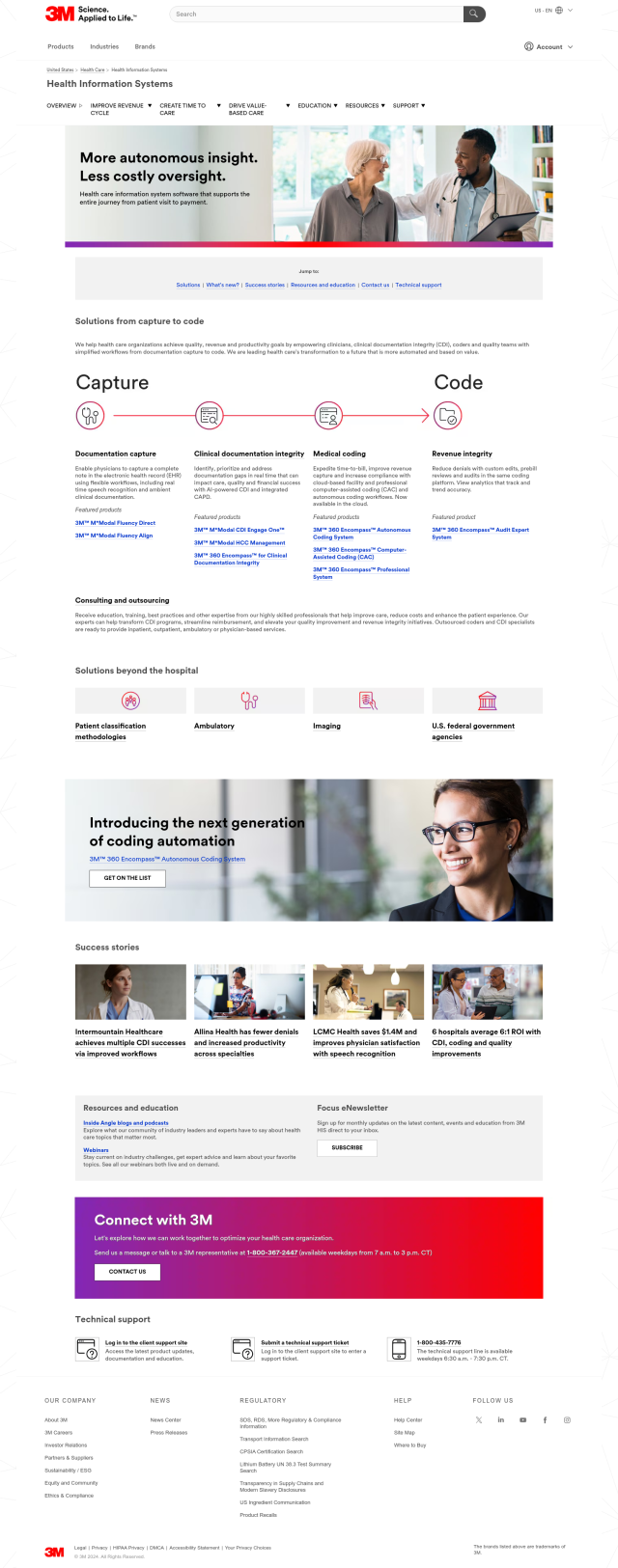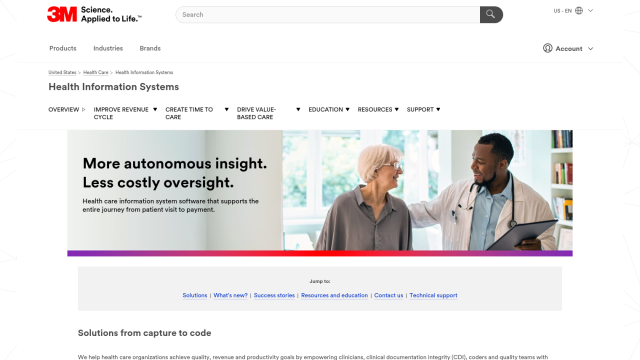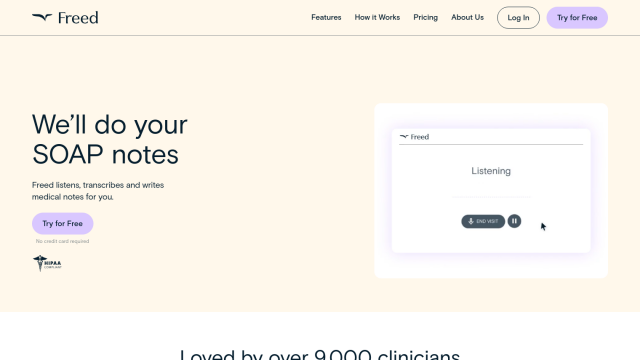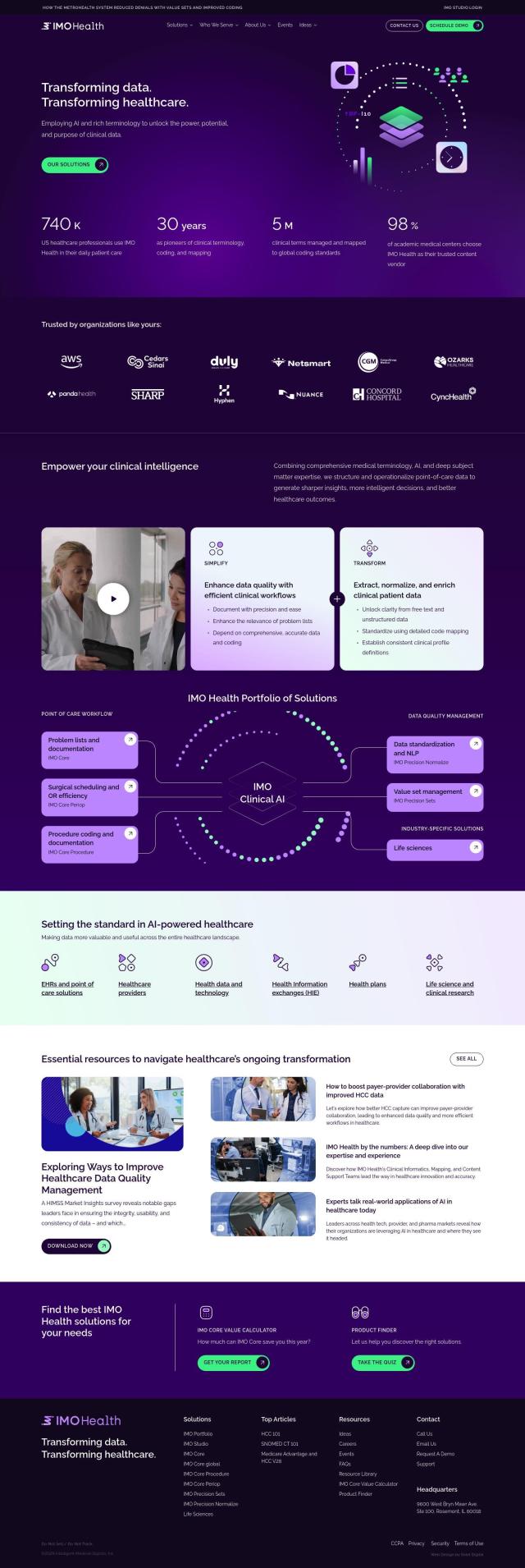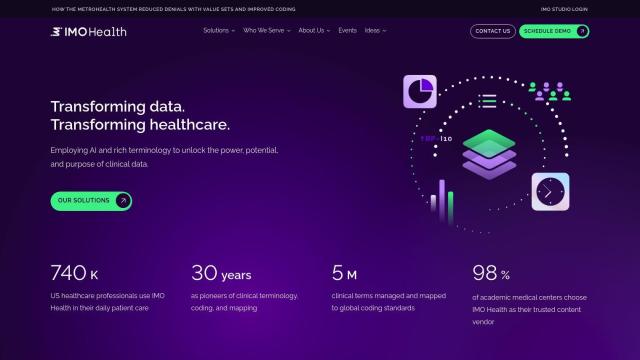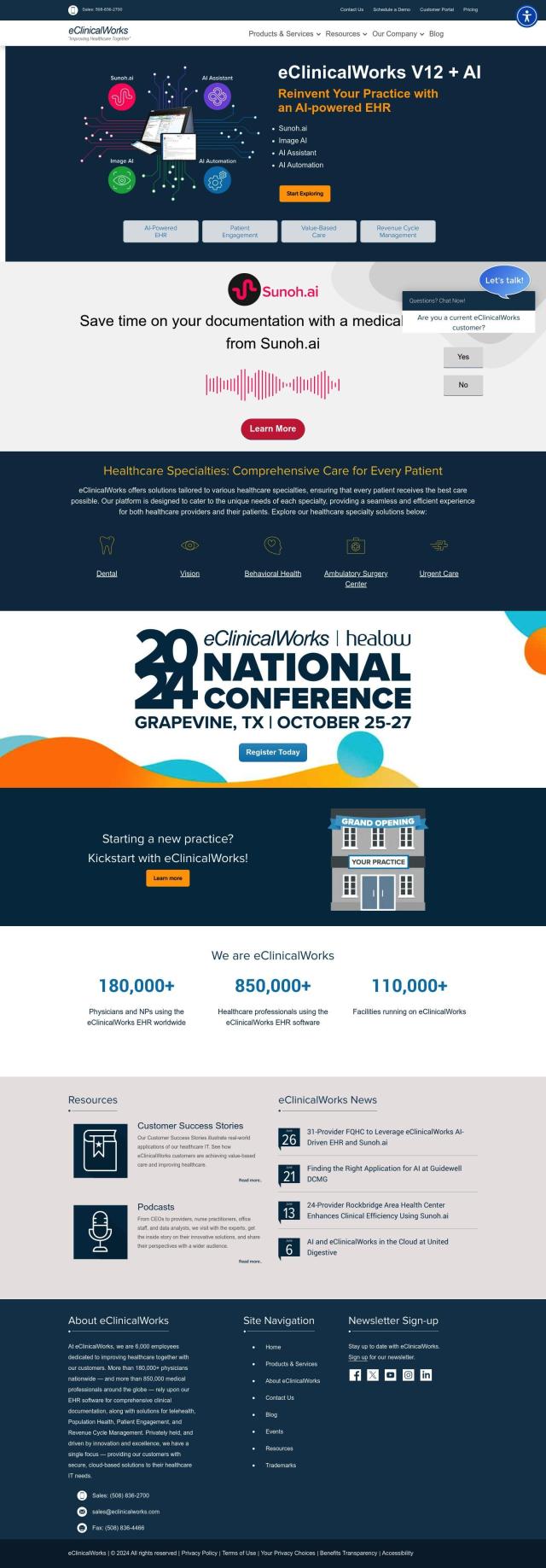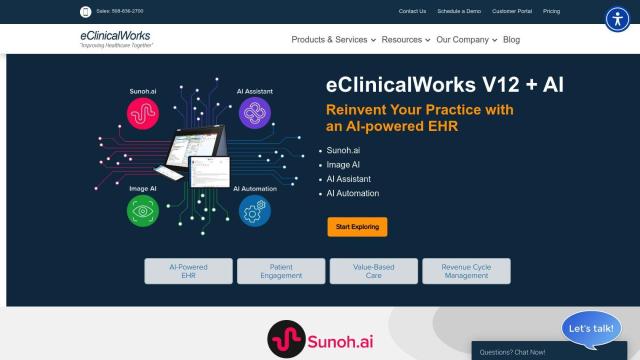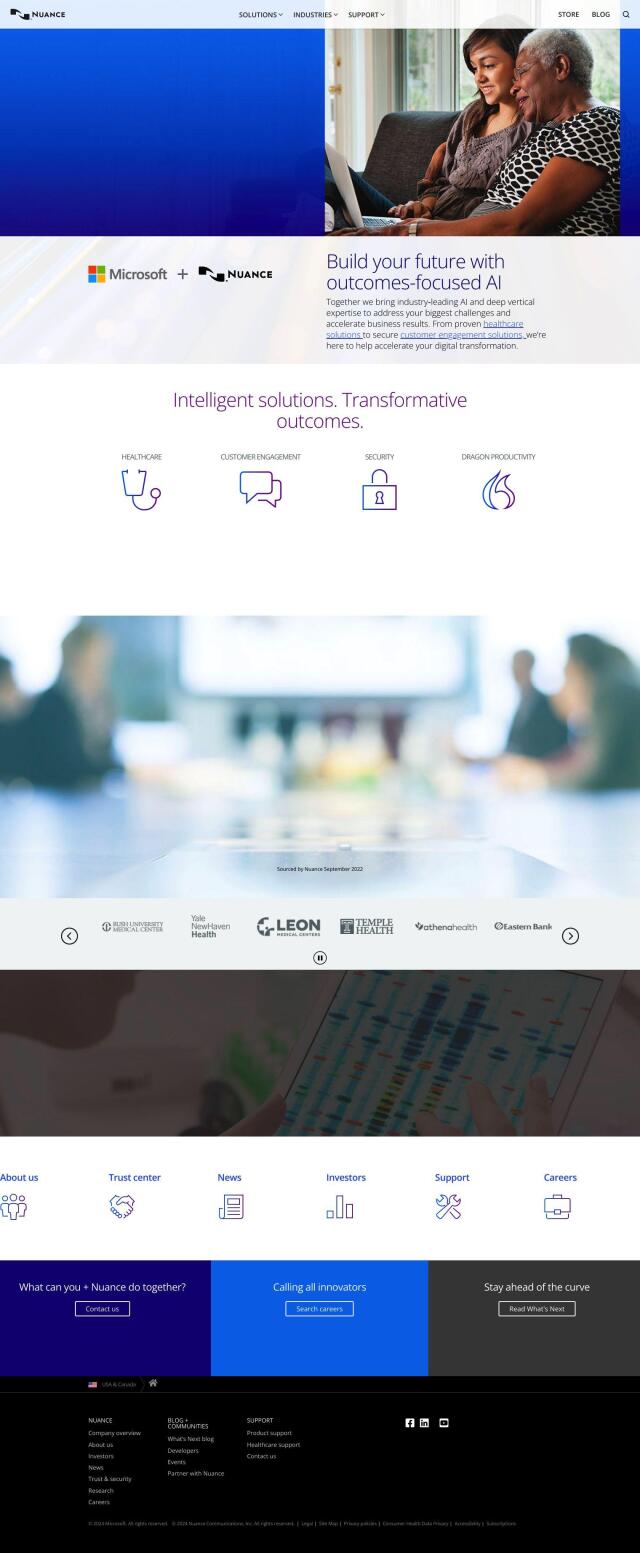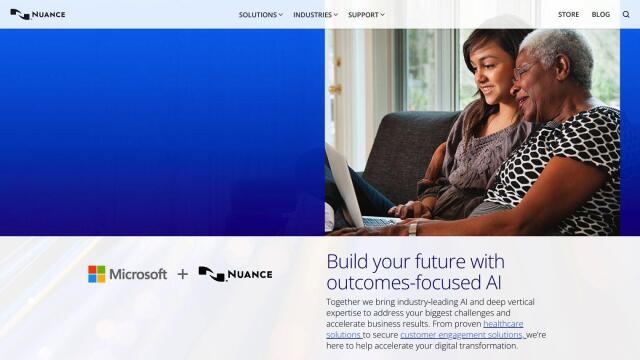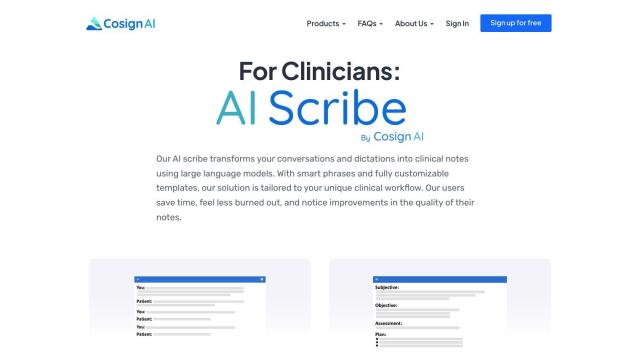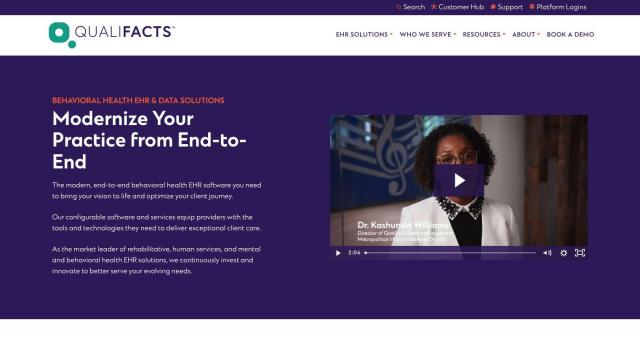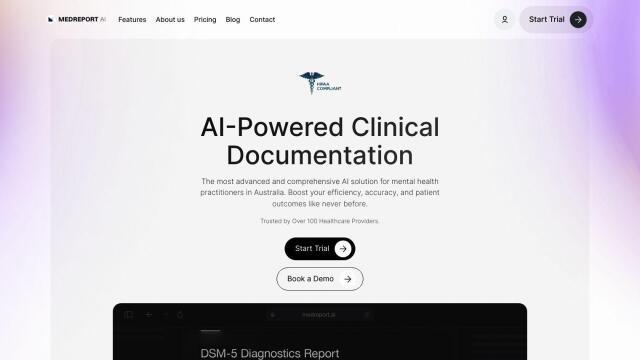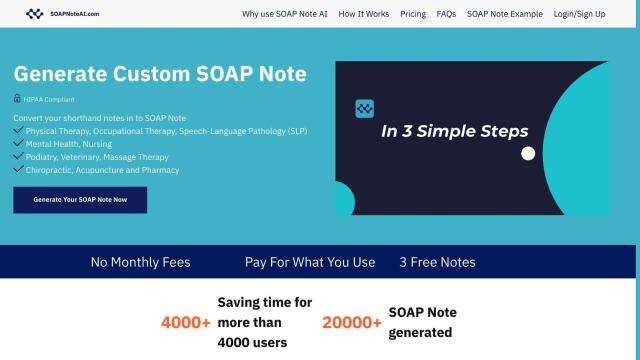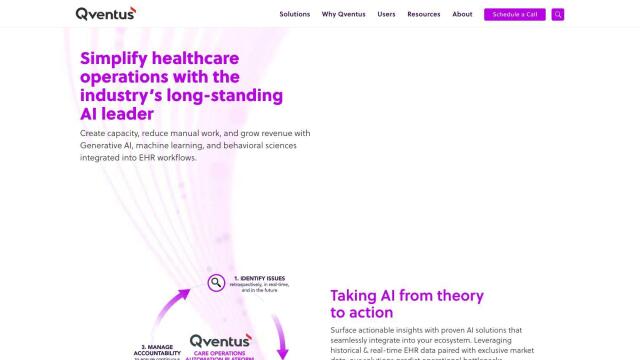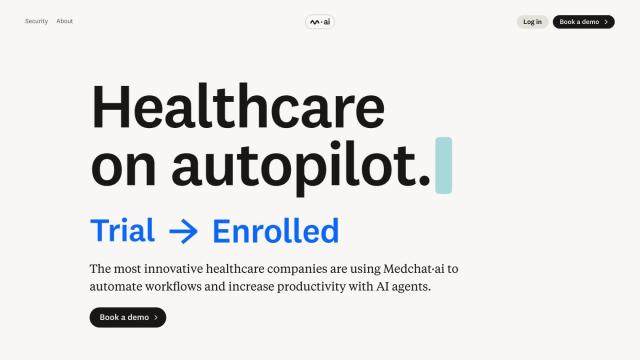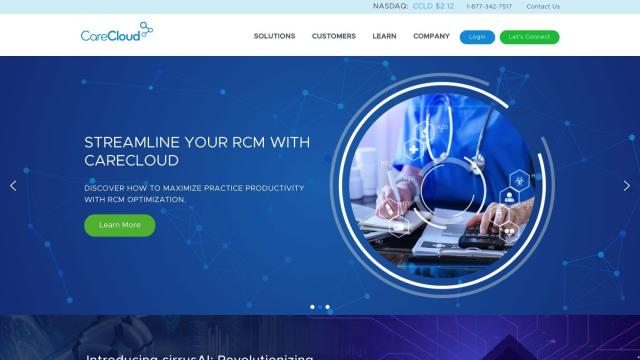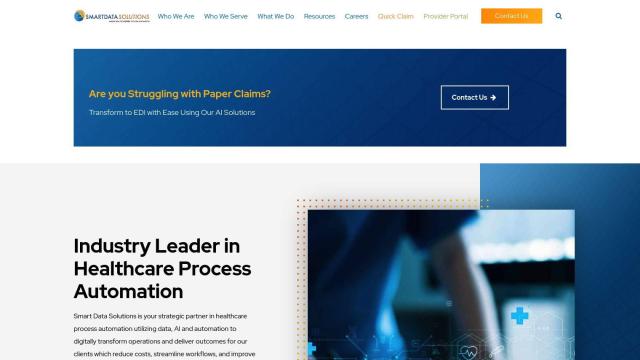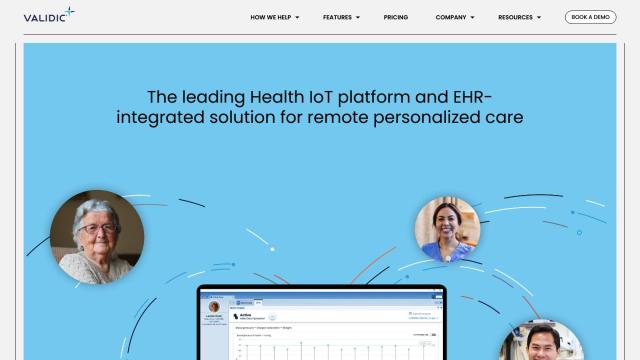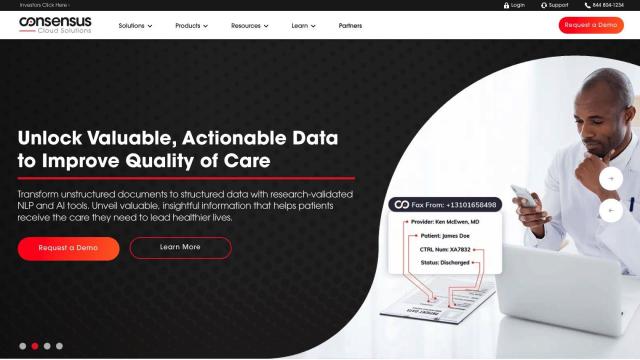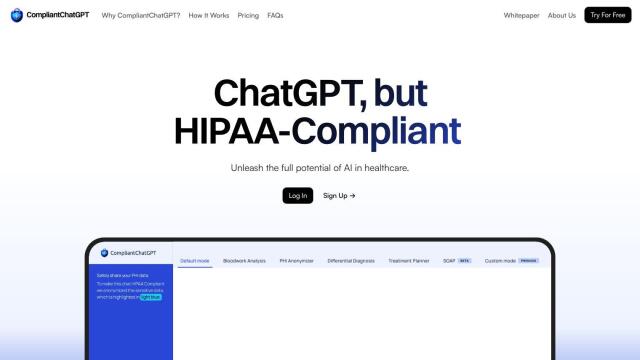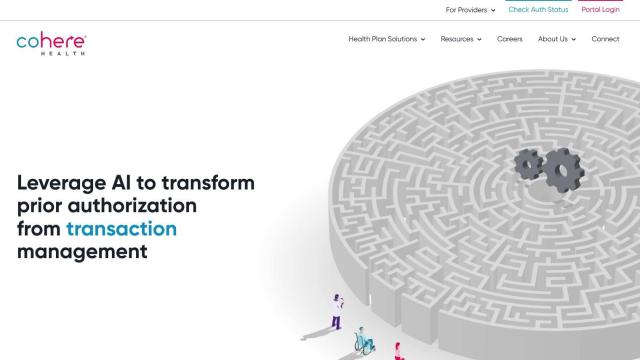Question: Can you recommend a solution that automates clinical documentation and reduces administrative tasks for healthcare providers?

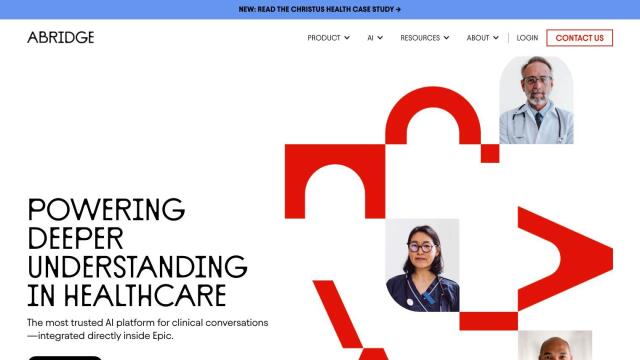
Abridge
For automating clinical documentation and freeing up time for more important tasks, Abridge is a great option. The platform converts clinical conversations into structured notes that are embedded directly into Epic systems. It can generate notes in real-time, supports multiple languages, and has verifiable notes that are checked against original transcripts and audio recordings. Abridge can help reduce documentation burden, freeing up clinicians to spend up to 70 hours a month on more important work, and improve work-life balance with real-time analytics and HIPAA compliance.

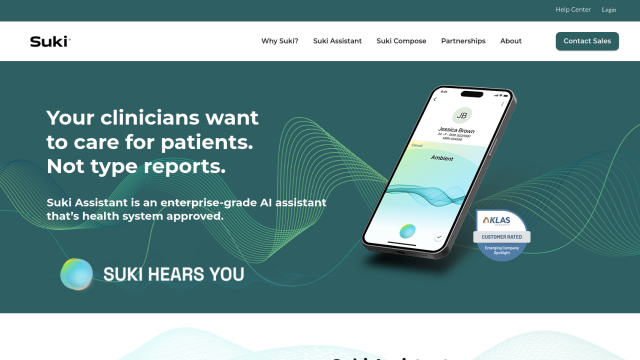
Suki
Another contender is Suki, an AI-powered voice assistant that automates clinical workflows. It can generate ambient notes, dictate, suggest coding options and answer questions, and works across many specialties and deeply integrates with major EHR systems. With pricing based on solutions, like Suki Assistant ($399/user/month) and Suki Compose ($299/user/month), it can help you achieve significant cost savings and productivity improvements while improving physician satisfaction and retention.

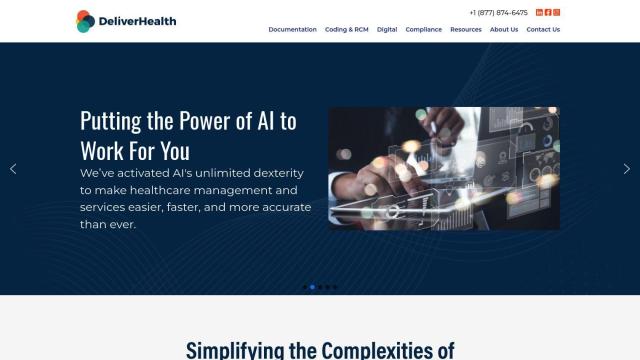
DeliverHealth
DeliverHealth has an integrated offering with its eSOne InstaNote system, which automates healthcare documentation, coding and revenue cycle management. It can convert live conversations or dictations into accurate healthcare documentation in near real-time, resulting in up to 50% reduction in administrative time and costs. The platform also includes autonomous coding solutions, which can improve accuracy and speed billing.
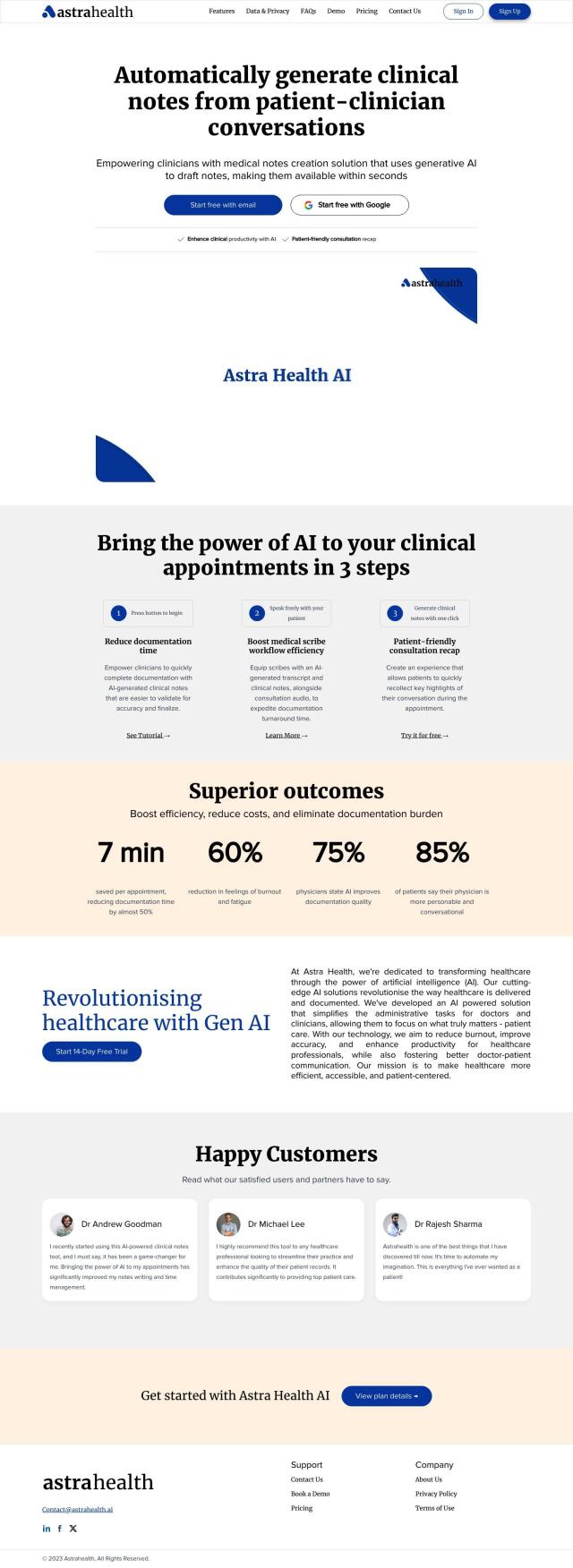
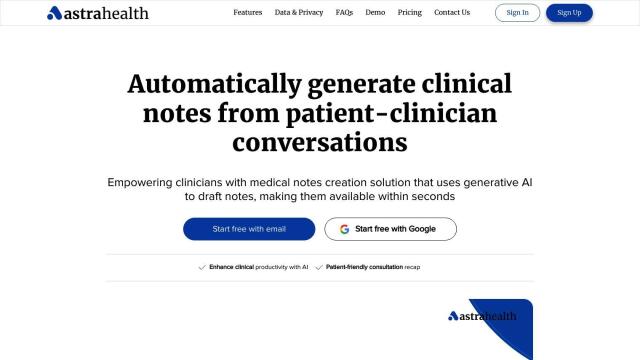
Astrahealth
Last is Astrahealth, which has an AI-powered clinical note generation solution to automate documentation and reduce burnout. It can generate clinical notes from patient-clinician conversations, boosting productivity and documentation quality. With features designed to cut documentation time by nearly 50% and burnout by 60%, Astra Health has customizable pricing plans and protects patient data with industry-standard encryption.

